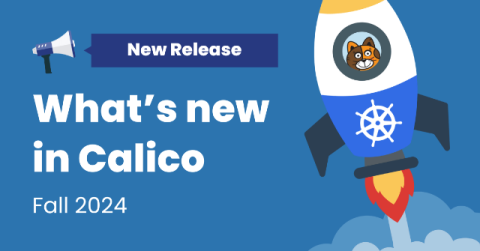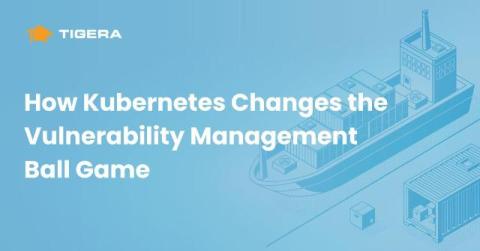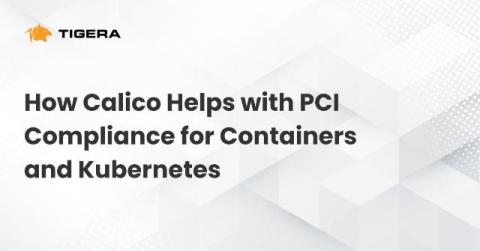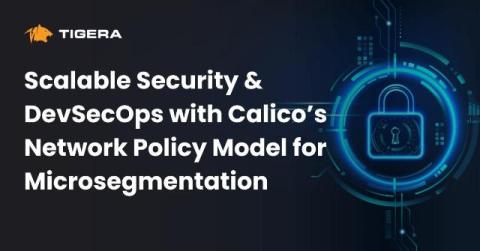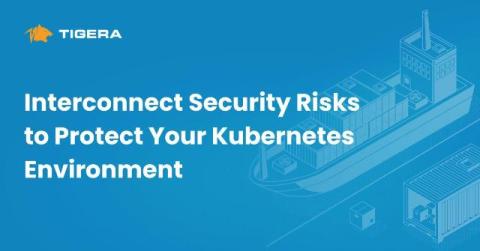What's New in Calico: Fall 2024 Enhancements for Kubernetes Networking and Security
It’s almost time for KubeCon North America, and we’re excited to share the latest updates in Calico. These updates improve network and runtime security, make it easier to use, and extend Calico’s strong network security and observability for Kubernetes to VMs and hosts that are not part of Kubernetes clusters.


